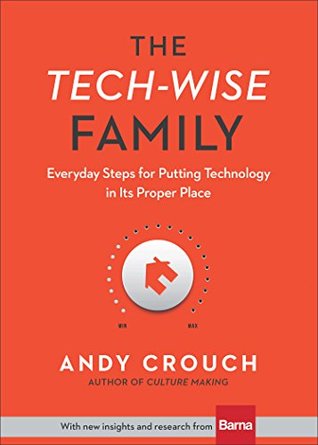More on this book
Community
Kindle Notes & Highlights
I think the best part of tech-wise parenting, for me, has been its focus on “something older and better than the newest thing.” The key word is better.
And that’s the real legacy of tech-wise parenting for me. It has shown me where to look for what I need most. Wonder comes from opening your eyes wider, not bringing the screen closer.
When we let technology replace the development of skill with passive consumption, something has gone wrong.
No matter what advertising says (even those beautiful, tear-jerking Apple ads), the very best of life has almost nothing to do with the devices we buy. It has a lot to do with the choices we make, choices that our devices often make more difficult.
nudges are small changes in the environment around us that make it easier for us to make the choices we want to make or want others to make.
The makers of technological devices have become absolute masters at the nudge. Every notification that comes in on your smartphone is a nudge—not a command or demand, but something that makes it easier to stop whatever you’re currently doing and divert your attention to your screen.
We are continually being nudged by our devices toward a set of choices. The question is whether those choices are leading us to the life we actually want. I want a life of conversation and friendship, not distraction and entertainment; but every day, many times a day, I’m nudged in the wrong direction. One key part of the art of living faithfully with technology is setting up better nudges for ourselves.
The most powerful choices we will make in our lives are not about specific decisions but about patterns of life: the nudges and disciplines that will shape all our other choices.


